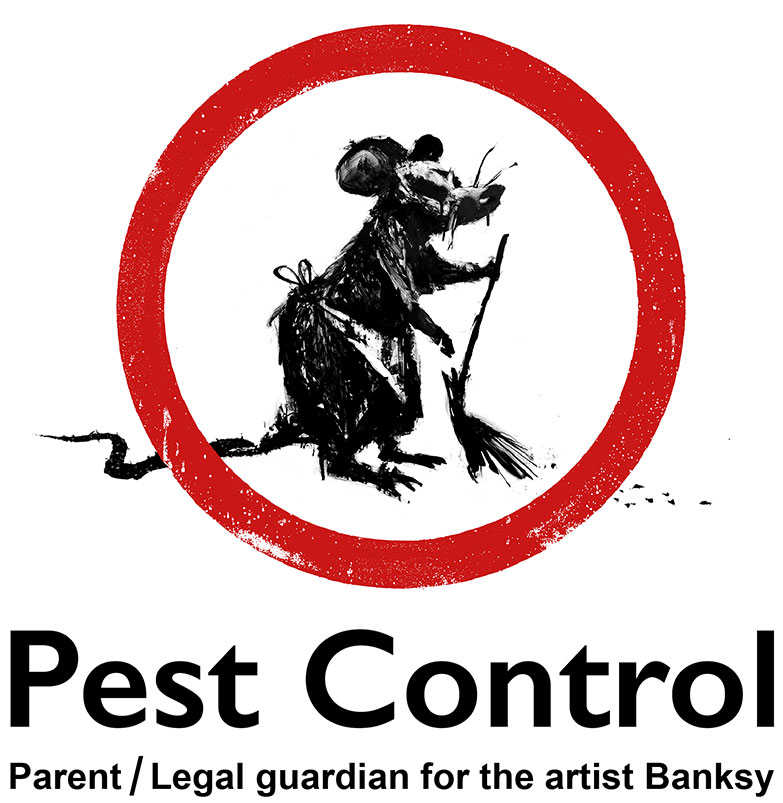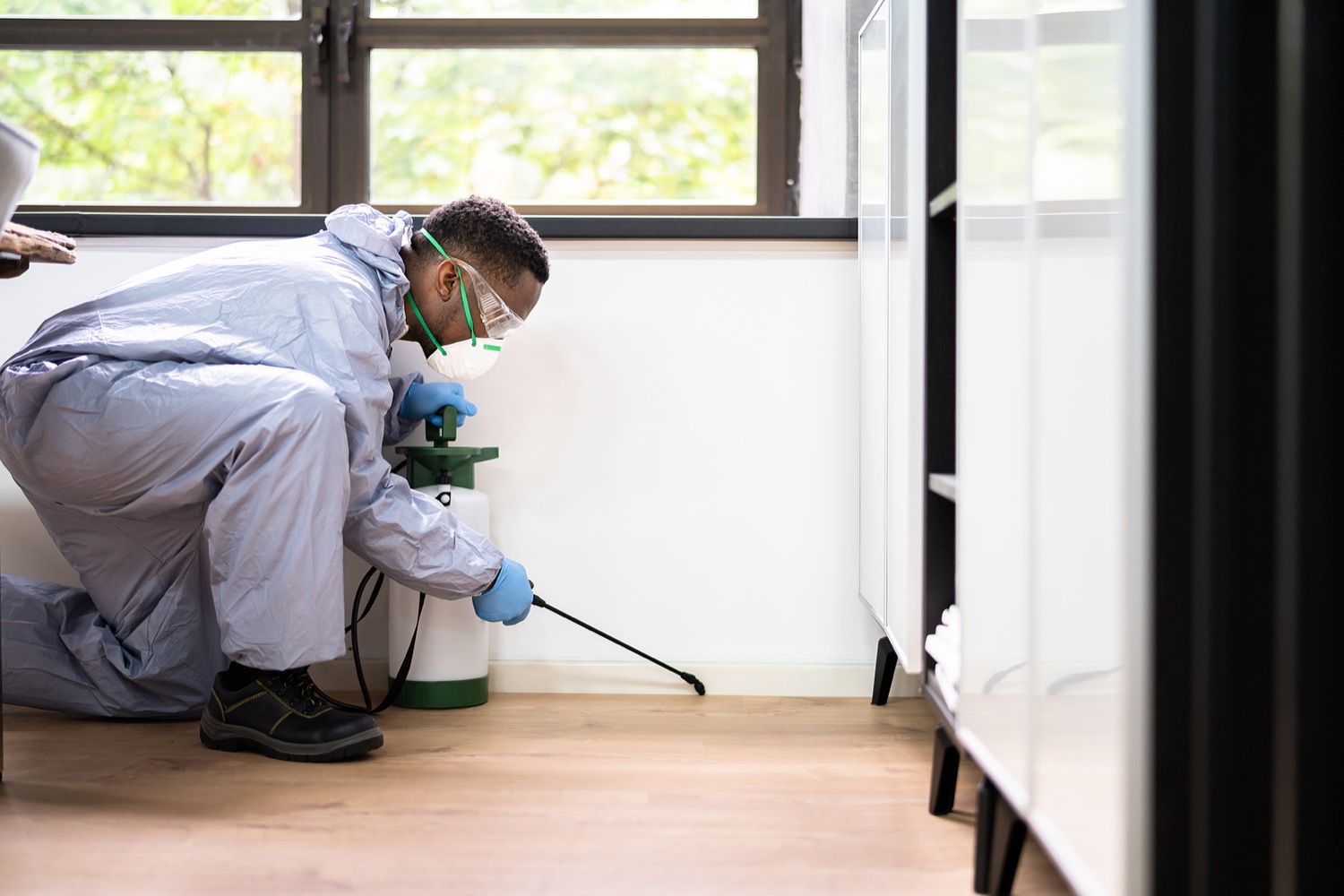Experienced A1 Exterminators Charlotte NC - Quick and Dependable Solutions
Experienced A1 Exterminators Charlotte NC - Quick and Dependable Solutions
Blog Article
Bed Insect Treatment Break Down: Comparing Chemical Vs. Non-Chemical Solutions
In the realm of bug control, particularly when dealing with the relentless concern of bed bugs, the choice between chemical and non-chemical treatment solutions can be a crucial one. Both techniques use distinct benefits and downsides, affecting elements such as performance, safety and security considerations, and total cost. By checking out the nuanced details of each method, a clearer understanding of which path to pursue in dealing with a bed pest infestation can be achieved.
Effectiveness of Chemical Therapies
Chemical therapies for bed bug infestations have actually been commonly recognized for their powerful and rapid efficiency in removing these parasites. When thinking about the efficiency of chemical therapies, it is critical to comprehend that they can offer a fast and complete option to a bed pest problem. Expert pest control operators often rely upon insecticides to target bed bugs at various stages of their life process, consisting of grownups, eggs, and fairies. These chemicals commonly work by interrupting the bed pests' nerve system, resulting in paralysis and ultimate fatality.
Moreover, chemical treatments have the benefit of providing residual results, meaning that they can continue to get rid of bed pests also after the preliminary application. This residual action is specifically advantageous in combating any potential re-infestations. Additionally, the rapid action of chemical therapies can bring relief to people facing severe bed pest problems, permitting them to restore control of their home swiftly.
Safety And Security Interest In Chemical Solutions
When making use of chemical services for bed insect treatment is ensuring the safety and security of owners and the environment,One critical aspect that requires cautious consideration. While chemical treatments can be effective in getting rid of bed insects, they might present dangers otherwise handled properly. One of the key security worries with chemical options is the prospective damage they can cause to human wellness. Exposure to specific chemicals utilized in bed bug therapies can bring about respiratory system problems, skin inflammation, or other damaging responses, specifically in individuals with pre-existing conditions or level of sensitivities. Furthermore, inappropriate application or dose of chemical pesticides can lead to toxic deposits sticking around in the treated area, positioning lasting health risks to residents.
Additionally, the ecological effect of chemical remedies is an additional substantial factor to consider. Some pesticides used in bed pest therapies may be harmful to helpful pests, wildlife, and ecosystems if they seep into the soil or water look at more info systems. It is important to use chemical therapies carefully, following safety and security standards, and taking into consideration much less hazardous alternatives to reduce these dangers and make certain the risk-free and effective management of bed bug problems.
Advantages of Non-Chemical Methods
Taking into consideration the prospective safety worries and environmental effect connected with chemical remedies for bed bug treatment, discovering non-chemical approaches provides an encouraging option with several unique benefits. Non-chemical treatments are environmentally pleasant, as they do not add to air or water pollution, making them a sustainable option for bug control.
Additionally, non-chemical services can be efficient in targeting bed pests, consisting of hard-to-reach areas where chemical treatments may not permeate - A1 charlotte bed bug exterminator. Techniques such as warm therapy, vacuuming, heavy steam cleansing, and bed mattress encasements supply detailed removal without the use of dangerous chemicals.
Limitations of Non-Chemical Treatments

In addition, non-chemical therapies commonly need multiple applications to attain successful removal. This can be time-consuming and may not always assure total removal of all bed bugs and their eggs, especially in hard-to-reach or covert places.
Furthermore, the success of non-chemical treatments greatly counts on correct implementation and thoroughness, which can be testing for people without expert expertise. Inadequate application of non-chemical approaches might lead to incomplete obliteration, causing persistent problems and the requirement for extra therapies.
Therefore, while non-chemical treatments have their advantages, it is necessary to recognize these constraints and consider them when determining the most efficient technique for handling bed insect problems.
Expense Comparison: Chemical Vs. Non-Chemical Options
Provided the constraints linked with non-chemical therapies, an essential facet to examine in the context of bed insect monitoring is the cost comparison in between chemical and non-chemical choices. In contrast, non-chemical therapies like warm therapy or vapor can be more pricey, with expenses ranging from $1,000 to $6,000 for an entire home. While the preliminary cost of chemical treatments might appear lower, several therapies may be called for to completely eliminate the invasion, potentially enhancing the general cost.
Verdict

Taking into consideration the potential safety worries and ecological influence associated with chemical services for bed pest treatment, checking out non-chemical techniques offers an encouraging alternative with several unique advantages.Offered the limitations connected with non-chemical treatments, a crucial facet to assess in the context of bed pest management is the expense contrast in between chemical and non-chemical choices. In contrast, non-chemical treatments like warm therapy or heavy steam can be more expensive, with expenses varying from $1,000 to $6,000 for a whole home. While the preliminary expense of chemical therapies may seem lower, multiple therapies may be required to fully get rid of the invasion, possibly enhancing the total price.In verdict, when contrasting chemical and non-chemical bed bug therapy options, it is important to think about efficiency, safety, benefits, constraints, website link and price.
Report this page